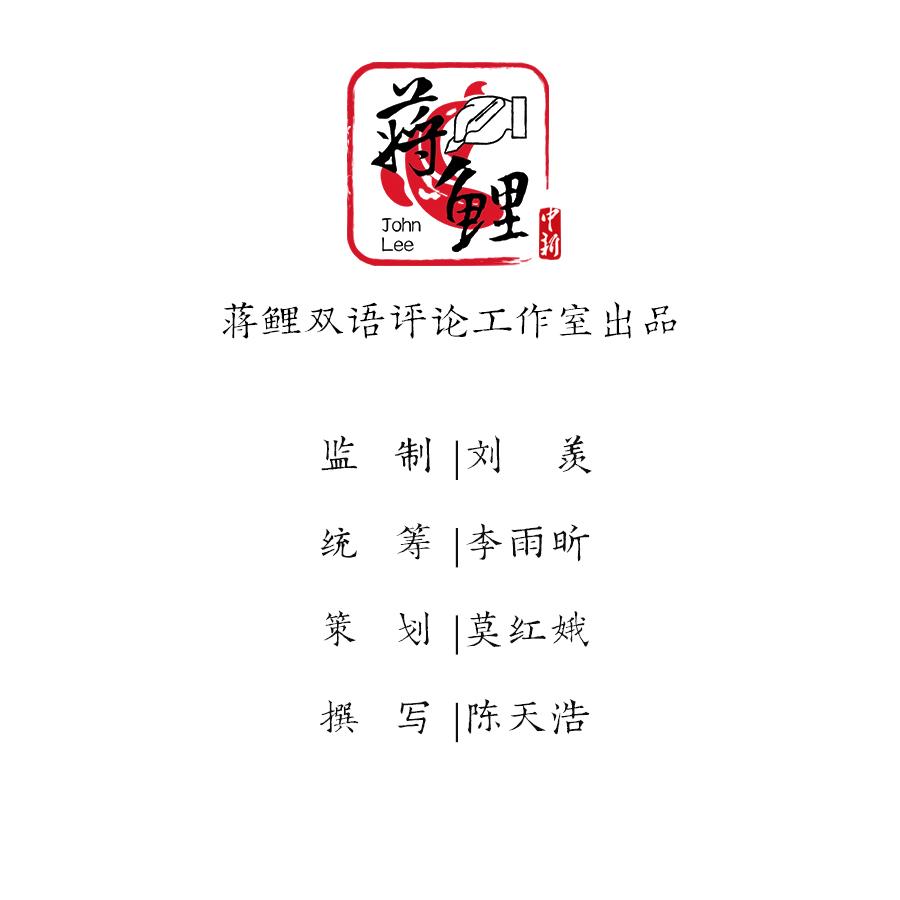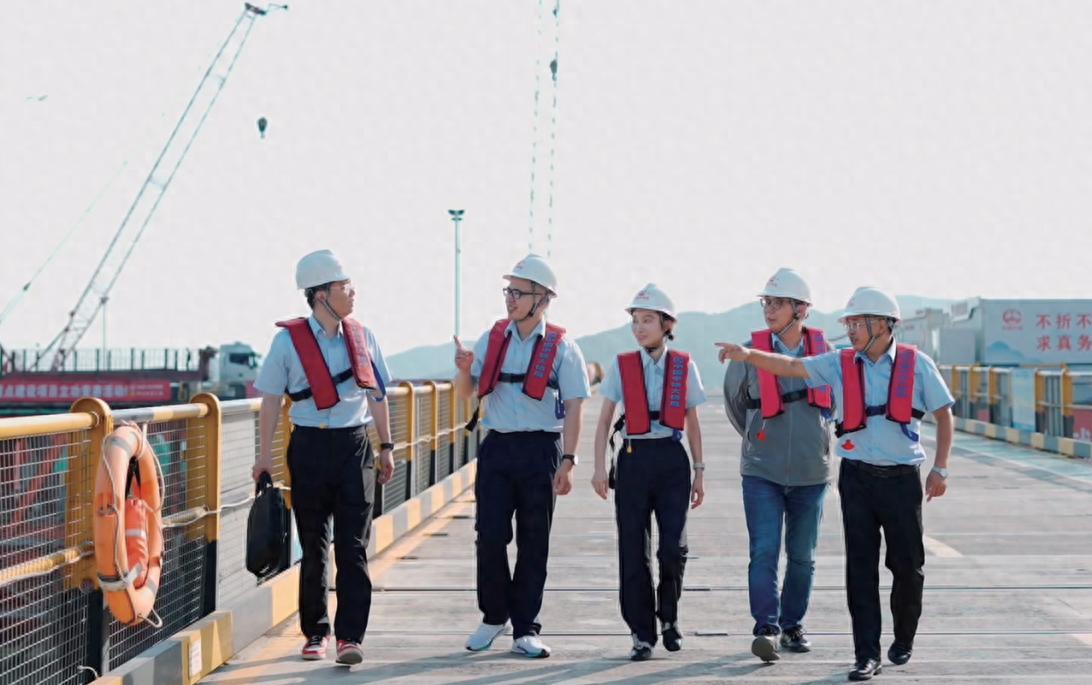昭和时期(5)
TheShoowa Period (5)
昭和(しょうわ)時代(じだい)(5)
1956年,日本和苏联恢复了外交关系。但由于北方四岛的领土问题没有得到解决,所以没能签署和平条约。在这一年,日本加入了联合国。
In 1956, Japan restored diplomatic relations with the Soviet Union. But both countries couldn't made the peace treaty due to the problem of Hoppoo Ryoodo (the Russia-held Northern Territories). In this year, Japan became a member of Kokuren (the United Nations).
1956年、日本はソ連と国交を回復しました。しかし、北方領土問題が残り、平和条約は結べませんでした。その年に、日本は国連に加盟しました。
1965年,日本和韩国签署≪日韩基本条约≫,与韩国恢复了外交关系。而与北朝鲜至今仍没有建立外交关系。与中华人民共和国建交是在1972年,1978年签署了≪中日和平友好条约≫。
In 1965, Japan made Nikkan Kihon Jooyaku (the Treaty on Basic Relations between Japan and the Republic of Korea), so both countries restored diplomatic relations. Japan doesn't yet have diplomatic relations with North Korea. Japan restored diplomatic relations with the People's Republic of China in 1972, and made Nicchuu Heewa Yuukoo Jooyaku (the Japan-China Peace and Friendship Treaty) in 1978.
1965年、日本は韓国と日韓基本条約を結び、国交を回復しました。北朝鮮とは、今も国交がありません。中華人民共和国とは、1972年に国交を回復し、1978年に日中平和友好条約を結びました。
战后,日本人民在一片焦土的废墟上,忍受着食物匮乏的痛苦,付出了艰辛的劳动。战后的30年,日本经济得到了突飞猛进的发展。洗衣机、电视、冰箱、汽车等进入家庭,人们过上了富裕的生活。
After the war, the Japanese people worked hard while suffering from food shortages and hardship. For about thirty years of the postwar period, Japanese economy developed dramatically. Household electrical appliances, for example washing machines, TVs, refrigerators and cars, spread over many households and their lives became better.
戦後、日本人は焼け野原の中で、食料不足に苦しみながら懸命に働きました。戦後の約30年間で、日本の経済は急激に発展しました。洗濯機、テレビ、冷蔵庫、自動車などが家庭に普及し、人々の生活は豊かになりました。
1964年,东京举办了奥运会。新干线和高速公路的开通使生活变得更加方便。
In 1964, the Olympic Games were held in Tokyo. At that time, Shinkansen (the Bullet Train) and some expressways began service making life more convenient.
1964年には、東京でオリンピックが開かれました。新幹線や高速道路が開通し、便利になりました。
在经济高速发展的过程中,从工厂排出的有害物质污染了空气和用水。水俣病、痛痛病等公害病给众多患者带来了巨大的痛苦。在这种情况下,人们对环保的关心日益高涨,1967年终于出台了《公害对策基本法》。
When the economy developed quickly, the air and the water became polluted by harmful substances from factories. Many people suffered from pollution-caused diseases, for example Minamata disease and Itai-itai disease. The public concern for the protection of an environment gradually increased, so Koogai Taisaku Kihon-hoo (the Basic Law on Pollution Control) was made in 1967.
経済発展が急激に進む中、工場から出る有害な物質で空気や水が汚れました。水俣病、イタイイタイ病、などの公害病で多くの人々が苦しみました。次第に環境保護への関心が高まり、1967年には公害対策基本法ができました。
1973年,受中东战争的影响石油价格暴涨,其结果是让人们更广泛地对能源问题加以思考。
In 1973, the oil price jumped due to the effect of the Middle East War. Then the idea of saving energy spread among people.
1973年には、中東戦争の影響で石油価格が大きく値上がりしました。その結果、エネルギーを節約する考え方が広がりました。
战后长期以来美国一直统治着冲绳。而1972年才终于将其还给日本。但此后仍在冲绳保留着很多军事基地。
Okinawa which was governed by America in the postwar period was returned to Japan in 1972. But many American military bases remained in Okinawa after the return.
戦後も、アメリカは沖縄を統治していましたが、1972年に日本に返しました。しかし、その後も沖縄には多くのアメリカ軍の基地が残りました。
就在冲绳回归的这一年,日本提出了对核武器“不制造、不拥有、不准带入”的非核三原则。日本是世界上唯一一个原子弹受害国。作为这样一个国家的公民,目标是建设一个没有核武器的世界。
In the year of returning Okinawa, Japanese government proclaimed Hi-kaku San Gensoku (the three nonnuclear principles) (against producing, possessing and allowing the entry of nuclear weapons into Japanese territory). Japan is the only country which was a victim of atomic bombs in the world. Japanese people are determined to realize the nuclear-free world as a nation of such a country.
沖縄返還の年、日本は「核兵器をつくらない、もたない、もち込ませない」という非核三原則を宣言しました。日本は、世界で唯一の、原子爆弾の被害を受けた国です。その国の国民として、核兵器のない世界を目指すことを決めました
限 时 特 惠: 本站每日持续更新海量各大内部创业教程,一年会员只需98元,全站资源免费下载 点击查看详情
站 长 微 信: lzxmw777






